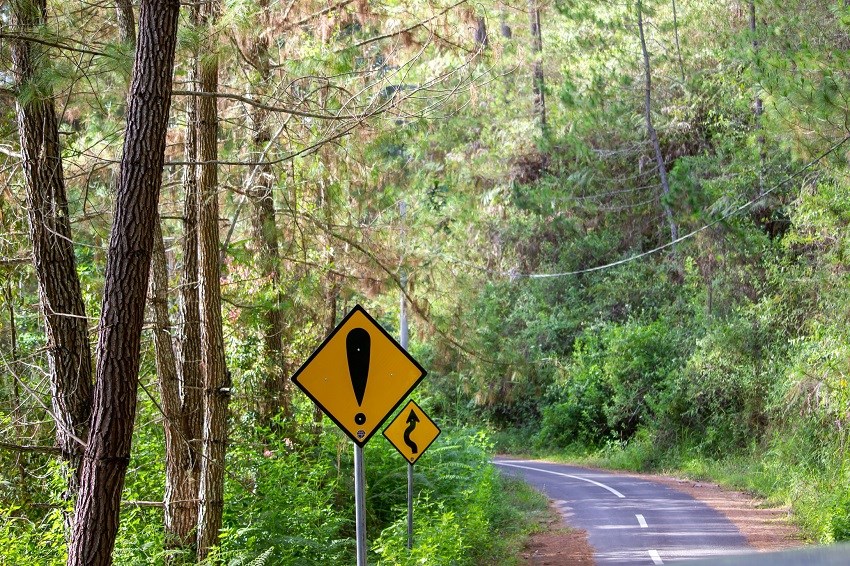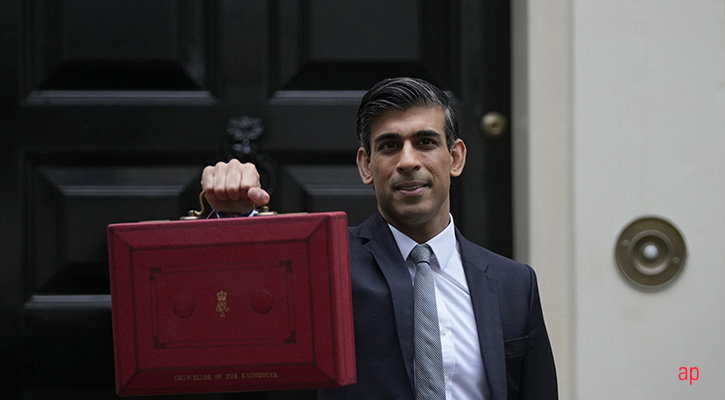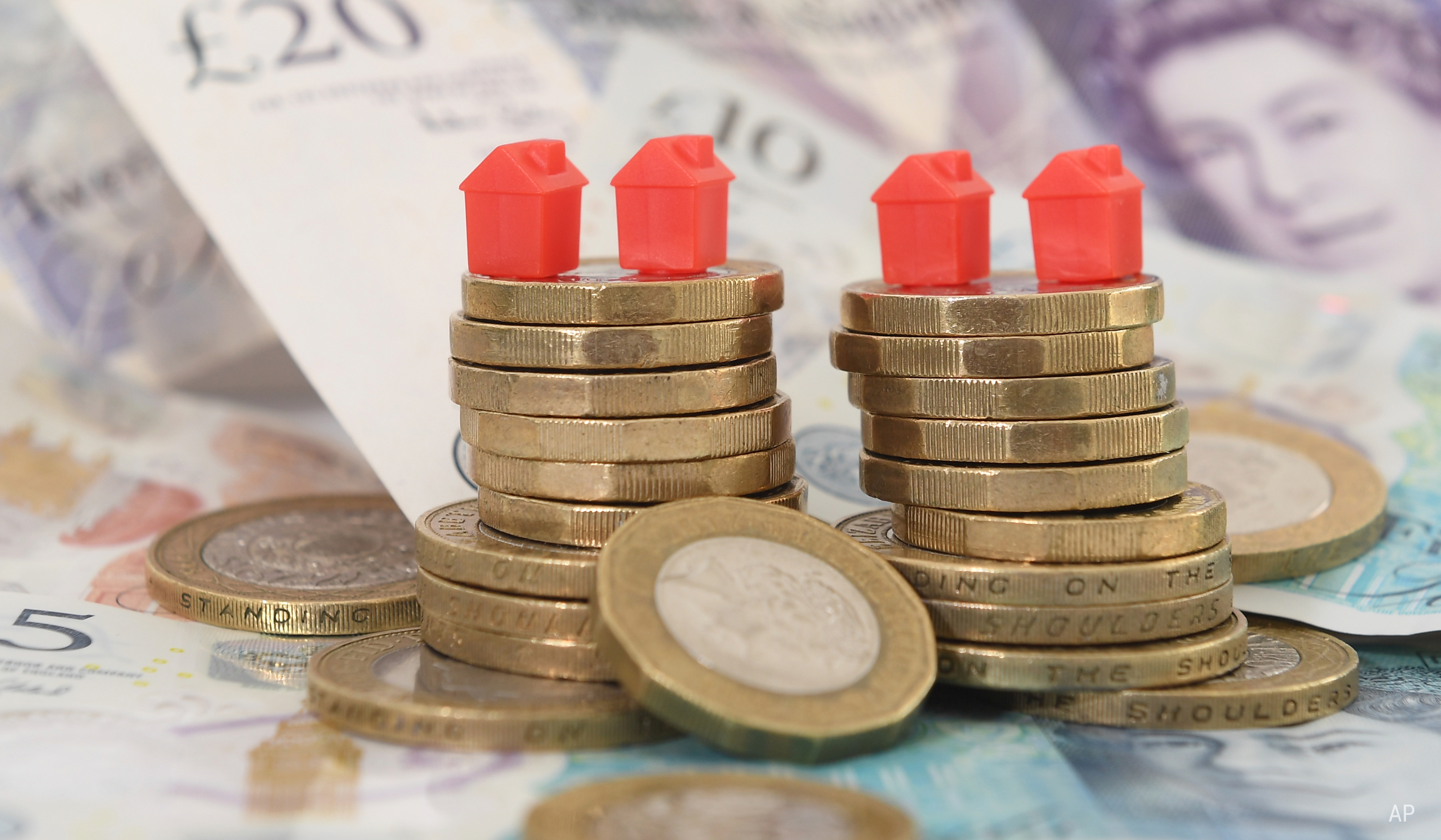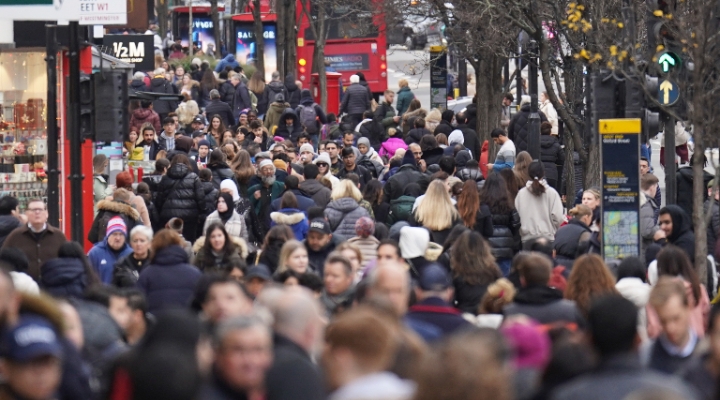
I am sure I speak for everyone when I say that I was exhausted at the beginning of 2021. Getting through 2020 felt like doing a Tough Mudder with your feet tied (and a tiger chasing you). Myopically, I had focused so much on finishing the year I had forgotten there was another on the way!
As 2021 ends, I am reminding myself that 2022 will be a marathon and not a sprint. I am also reminding myself that patience is a virtue. We all tell little lies to ourselves sometimes, and one of mine is definitely that I am patient. I am not! I confess to being a clockwatcher. When it comes to investing, that is not a desirable or admirable human trait.
For me, though, part of patience is looking back as well as looking forward. I’ve taken a look at 12 months of news stories to see if I can spot any longer-term lessons for investors.
January: GamesStop Starts The Year
In January, an internet clique collided with high finance and taught us all a spectacular lesson about the little guy. What did we learn? Price is different to value, perception is different from reality, and accusations of market manipulation can cut both ways. To be honest, I enjoyed watching it unfold. Having said that, if you weren’t already schooled in the danger of hype investing, you should be now.
February: Australia Burns
Months before it was even clear whether COP26 would go ahead, the world looked on in horror as wildfires ripped through the outskirts of Perth, Australia. Amid what some Australians felt was a wholly unsatisfactory political response, we were all reminded that climate change is here to stay, and getting worse. In 2022, we can expect more extreme weather events, and, sadly, more chaos.
March: Suez Crisis Mk II
The first half of the year was massive for memes, and it was the Ever Given incident that handed creative internet geniuses with the perfect ammunition to mark another catastrophe. On a serious note, the 1,300-feet boat blocking the Suez Canal was the first in several supply chain stories, and served as message: we are all more reliant on global shipping routes than we might like to be. Also: big boats are really, really big.
April: Not-So-Brand-New Names
On an otherwise-uneventful day in April, investors awoke to the news that Aberdeen was rebranding to abrdn. Commentators (me included) quickly reacted with mockery, but the joke soon wore off when it became clear the market was fine with the decision. Abrdn’s share price still looks unspectacular, perhaps proving the name change was, in the longer run, a non-event.
May: Running Out of Air
At the start of the month, India plunged into an oxygen crisis as cases of Covid-19 tragically passed the 400,000-per-day mark. And at the month’s end, oil giant Royal Dutch Shell was ordered by a court in the Hague to cut its carbon emissions by 45% by 2030. Both were ultimately supply chain dramas in their own ways. It certainly appears Shell’s “green” marketing voice is itself running out of oxygen. Welcome news.
June: An Obvious Lesson
After England’s football team edged into the finals of the (postponed) 2020 European Championship, The Sun published footage of health secretary Matt Hancock enjoying an illicit liaison with an aide. The story was the second in a string of major controversies regarding senior politicos’ failure to stick to social distancing rules (Dom Cummings), the longer-term ramifications of which will shape policy next year.
July: The Three “Musketeers”
As if to coincide beautifully with “Freedom Day” in the UK, Richard Branson spent early July preparing to fly to the edge of space. He was promptly followed by Jeff Bezos, whose Blue Origin rocket rose faster than Amazon’s shares in 2020. We all know Elon Musk's form with rockets, meanwhile. Cue plenty of jokes about rich men and their extremely expensive toys. The new space age has begun. I’ll be keeping my feet on the ground, thank you very much.
August: Biden Cowed
August brought climate drama (again) and geopolitical upheaval. As Greece experienced its worst ever heatwave, and fires ripped through California and Algeria, Afghanistan fell to the Taliban. The US pulled out of the country at the end of the month, raising serious questions about its influence and geopolitical priorities. Will US technology overtake its military might? It may have to.
September: Petrol Pandemonium
El Salvador became the first country to adopt Bitcoin as legal tender, Britney Spears was finally released from an oppressive conservatorship, and Netflix viewers went wild for Squid Game. UK motorists found themselves queuing for petrol amid a shortage of heavy goods vehicle drivers. Frankly, there was no need for EV drivers to be so smug. They may not be as reliant on oil as others, but there are plenty of other problems EVs do not solve.
October: COP26 Talks The Talk
COP26 began badly for one news outlet, which failed to arrive in the correct city for the “last chance” climate change summit. The promises were big, but so too was the number of oil lobbyist attendees (503), the number of journalists (3,886), and the amount of waste (a lot). On balance, I am not sure it produced more good news than bad. We are running out of time to change that. David Attenborough and Greta Thunberg for president!
November: Get Back (To Reality)
As Peter Jackson’s critically-acclaimed documentary Get Back premiered on Disney+, global leaders finalised their COP26 commitments, and the World Health Organisation declared Omicron a “variant” of concern. Facebook, meanwhile, became Meta. It will take more than a glorified avatar conference call to convince me that immersive virtual reality experiences can fix our problems, even if it might help us distract the kids for a few hours.
December: It’s Not Over Yet!
There’s still a week of December left to go, so the jury’s out on what it all means. Suffice to say, a surge in Covid-19 cases in the UK could have severe repercussions for GDP in the last quarter of 2021 and first quarter of 2022, as businesses up and down the country clamour for more economic support. Christmas may not be cancelled just yet, but New Year celebrations almost certainly will be. You can ditch the remake of Groundhog Day, we’re already living it!
The Verdict: A Not-Quite-Squid-Game-of-Survival
It’s been a turbulent year, a near perpetual hangover from the last. But there have been lots of positives. I absolutely loved watching England go (nearly) all the way in the Euros, and I’m grateful for what opportunities we have had to spend time with eachother. In addition, it's been great to get to know my Morningstar colleagues James Gard and Sunniva Kolostyak. On behalf of the team, I’d like to thank you for your support, and wish you a very happy (and safe) festive period. We will return in full strength on Tuesday January 4.



























